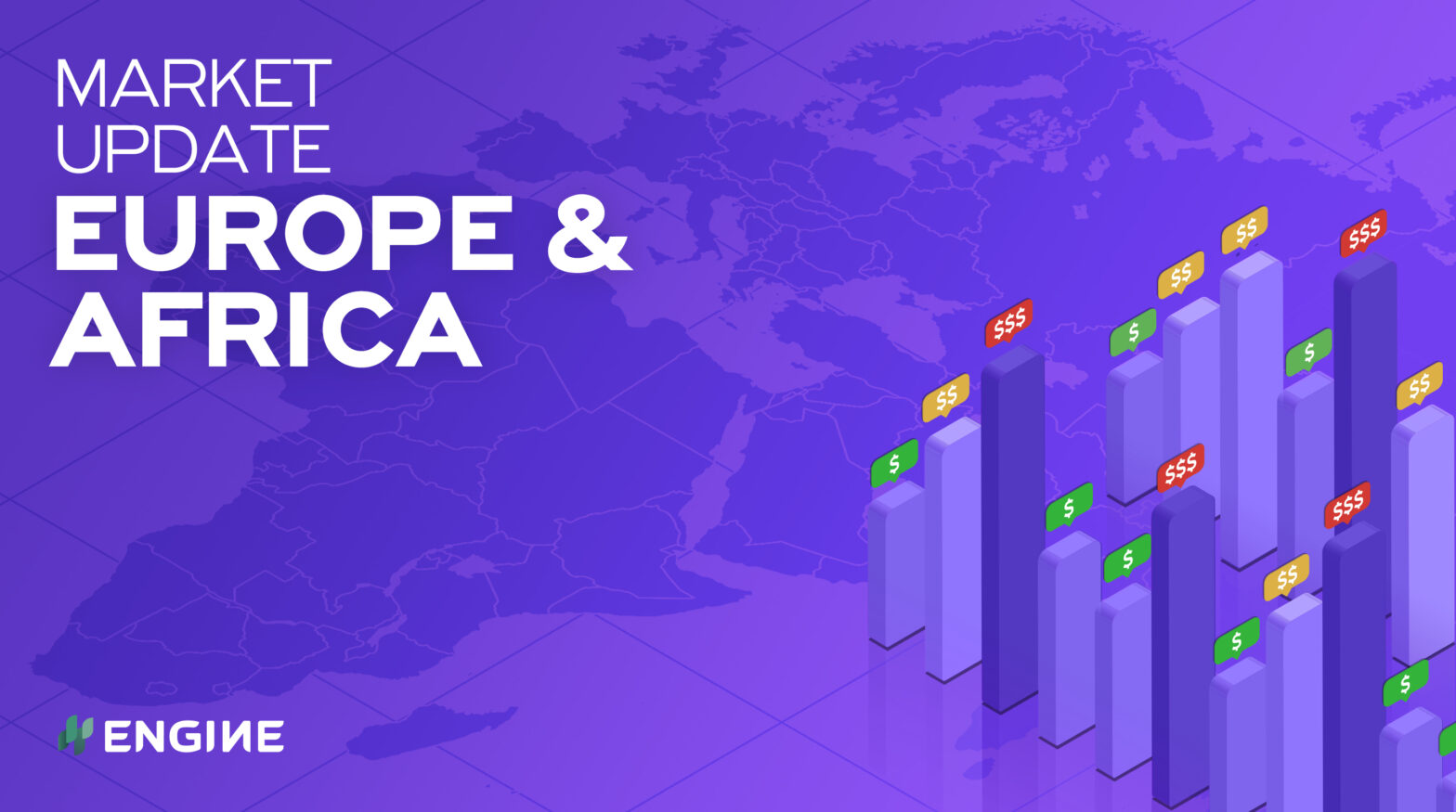Bunker prices continue to rise with support from Brent in ports across Europe and Africa, and anchorage deliveries face more weather disruptions in several Mediterranean ports.
Changes on the day to 08.00 GMT today:
- VLSFO prices up in Gibraltar ($14/mt), Durban ($9/mt) and Rotterdam ($1/mt)
- LSMGO prices up in Rotterdam ($23/mt), Gibraltar ($18/mt) and Durban ($10/mt)
- HSFO prices up in Gibraltar ($17/mt) and Rotterdam ($10/mt)
Gibraltar’s VLSFO price gain has outpaced Rotterdam’s. The ports had the fuel grade at similar levels yesterday following a steep rise in Rotterdam, but Rotterdam has now swung back to a $12/mt discount.
A higher-priced 500-1,500 mt VLSFO stem has helped push up Gibraltar’s price compared to regional ports in the past day, closing its price gap to Las Palmas, and narrowing its discount to Malta to $6/mt.
Rough weather is forecast in Malta tomorrow, and in the Gibraltar Strait ports next Monday. Deliveries could be disrupted.
Outer anchorage bunkering in Las Palmas faces further disruptions today and Sunday. Calmer weather is forecast in the days between.
Stormy weather in Novorossiysk has halted cargo operations and limited bunkering to ex-pipe over the past week. The storm is set to pass from tomorrow morning.
Brent
Front-month ICE Brent has extended its five-day rally by gaining $0.84/bbl on the day, to $82.56/bbl at 08.00 GMT.
Brent traded above $83/bbl earlier today, rallying to fresh three-year highs despite indications of another weekly crude and products stock build and cooling demand in the US.
A weekly report from the American Petroleum Institute (API) showed a near 1 million-bbl build in US crude oil stocks in the week to 1 October. Gasoline and distillate stocks also gained weight over the week, in a sign of less robust demand.
Official US inventory data is due for release from the Energy Information Administration (EIA) today at 14.30 GMT. Stock builds there could confirm a demand dip and possibly weigh on prices.
OPEC+ supply restraint continues to prop up Brent. The group decided this week to maintain its 400,000 b/d monthly output increases for November, despite calls from the US and India to pump more to keep a lid on prices.
“The group is clearly concerned about the potential hit to demand in the coming months if Covid wreaks havoc once more and restrictions are reimposed and therefore opted to maintain planned increases of 400,000 barrels per day, each month for now,” OANDA market analyst Craig Erlam commented.
